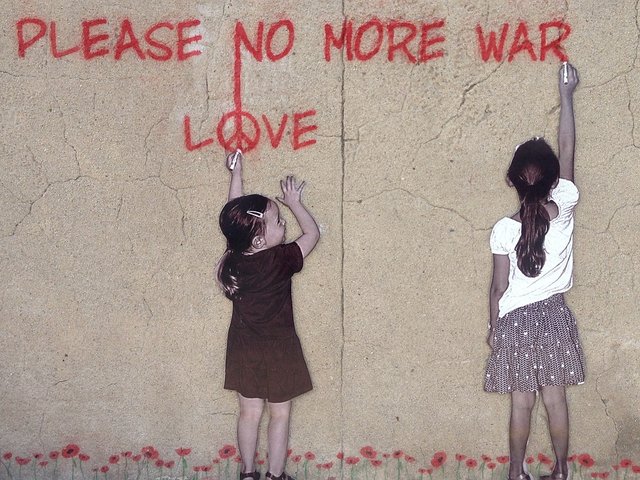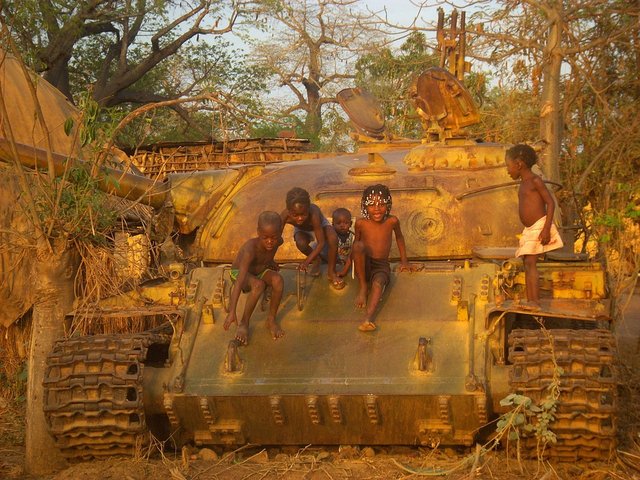WAR IS NONSENSE. HOW DO WE BEHAVIOR WITH CHILDREN?
At this moment of international tension, in which television screens have suddenly become empty of painful images linked to Covid to make way for the suffering of thousands of human beings and innocent children for the Russian invasion of Ukraine, parents are still standing once questioning about their task in the face of a new drama that could involve us closely.
How to deal with this issue with children? And above all, do we need to talk about it?
Can we think that a child playing on the living room floor while the news presents distressing images is not crossed by emotions, does not feel anguish? Could it be enough that he doesn't ask questions? Should we address the issue with our children?
Difficult to answer univocally. There are as many variables as there are different situations: the age of the child, first: a five-year-old child does not have the awareness of a twelve-year-old, who, if enabled to do so, is probably able to formulate a question in an accomplished. Surely the way in which this issue is perceived, the level of alert present in that family for the consequences that a conflict could bring on an economic level or for the possibility that Europe too could become the theater of that pain that for now we only see on TV, as well as the possibility of having Ukrainian relatives or friends already in real danger, makes all the difference. And many other variables are involved.
What are the questions that the child is asking himself?
Let us pause to observe and listen to children and young people before giving them explanations. We try to understand what information they already have, where, how and from whom they received it, and we allow them to express themselves by starting to listen to them without judging them, each for their own level of development, rather than depriving ourselves of this possibility by transferring opinions, anxieties and fears that perhaps belong above all to us adults.
We imagine that their request is rather to receive reassurance on an emotional level, rather than information on a cognitive level. They certainly need to know that their parents are close to them, and it can be useful to help them understand that there are difficult situations in life that are beyond our ability to change reality but which together we can think of coping with, bearing the difficulty. Not to have immediate or even certain answers.
Perhaps what we can show them is that the differences in views, thoughts, character, religion, the different ways of feeling emotions and perceiving the world around us inevitably create conflict, understandable and legitimate and that it is possible, even if not simple, to make sure that diversity does not necessarily turn into war. Everyday life offers us endless possibilities.



Congratulations, your nice post has been upvoted by the steem.skillshare curation trail!
please check out this post:
steem.skillshare curation trail post to get infos about our trail